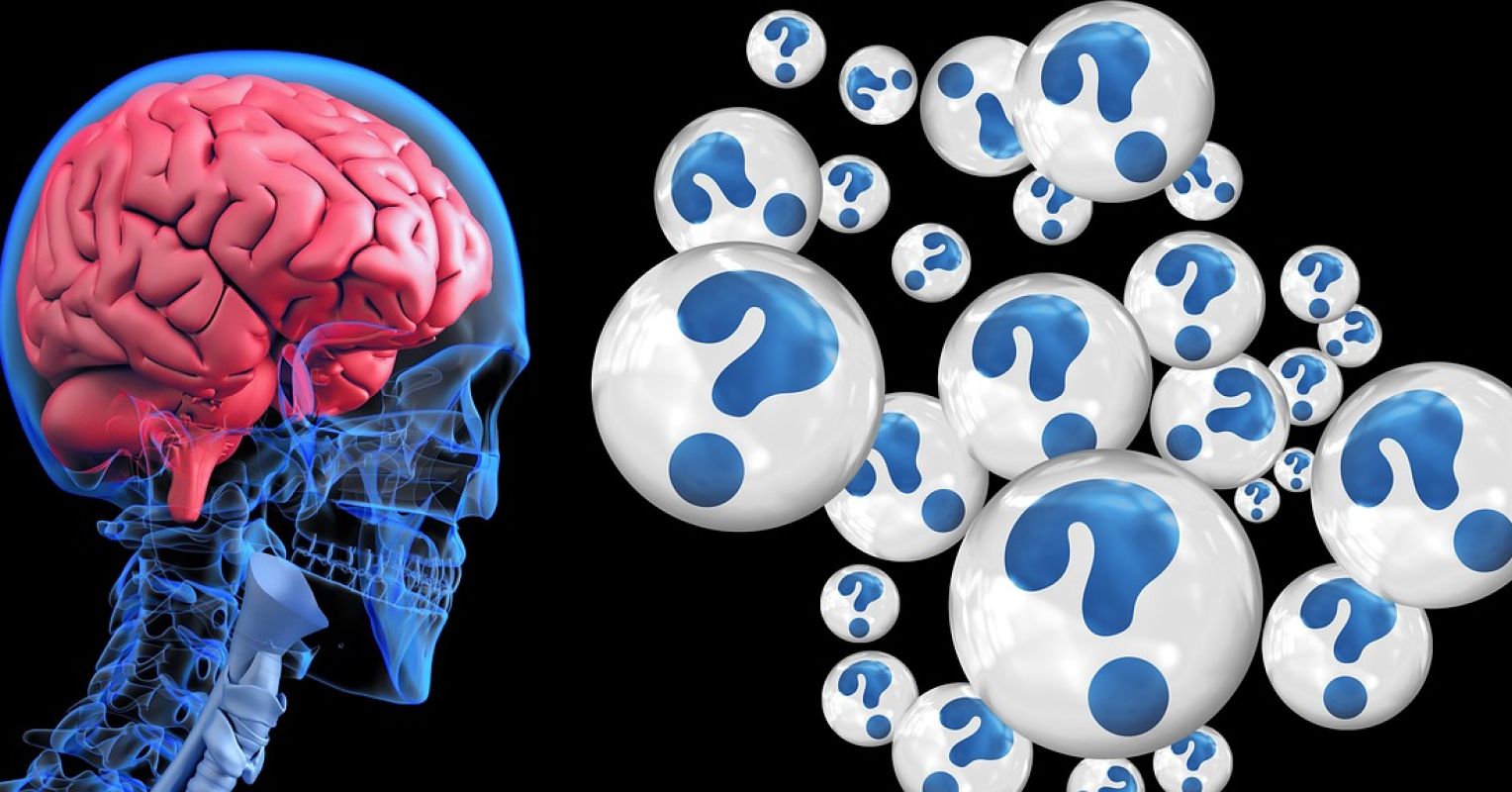
"It's rooted in old philosophy but runs today on experiments, observation, and data. Back in the late 1800s, Wilhelm Wundt had the bold idea to treat consciousness like something you could study in a lab, the same way you might study a chemical reaction or a falling apple. But people aren't atoms. We don't follow fixed laws. We're emotional and shaped by the world around us. Context, memory, trauma, culture, and love all matter."
"Remember the " replication crisis"? Researchers tried repeating famous psychology studies and, well, many flopped. It was a gut check and wake-up call. Since then, the field has pushed for more openness: pre-registering studies, sharing data, and owning its mistakes (Rosenfeld, Balcetis, & Bastian, 2022). Psychology started looking in the mirror and asking, "Are we doing this right?" Then came COVID-19. A global crisis that was also, in a way, a psychological stress test."
Psychological science applies experiments, observation, and data to understand thinking, feeling, and behavior while acknowledging deep human complexity. Origins trace to Wilhelm Wundt in the late 1800s, who proposed studying consciousness in a laboratory. Human behavior resists fixed laws because context, memory, trauma, culture, and love shape action and experience. The field relies on controlled experiments, psychometrics, and long-term studies to find repeatable patterns despite variability. A replication crisis revealed many failed replications, prompting preregistration, data sharing, and public acknowledgment of errors. The COVID-19 pandemic acted as a stress test, showing failures in translating psychological insight into public policy and underscoring the need for self-correction and cultural reflexivity.
Read at Psychology Today
Unable to calculate read time
Collection
[
|
...
]